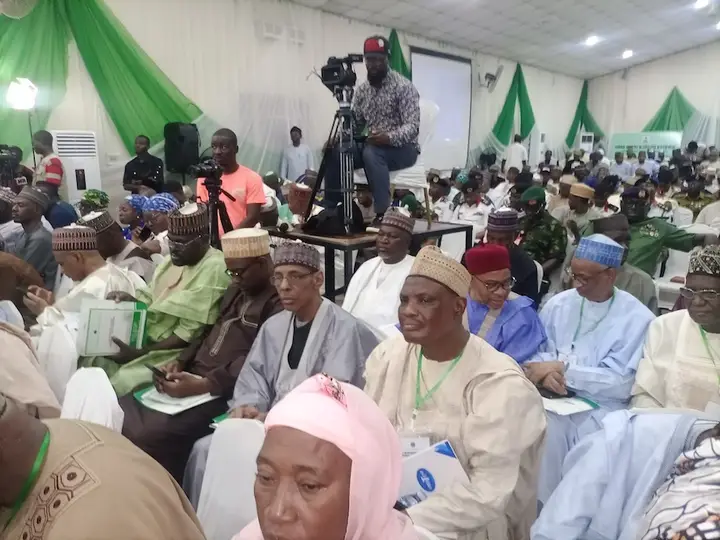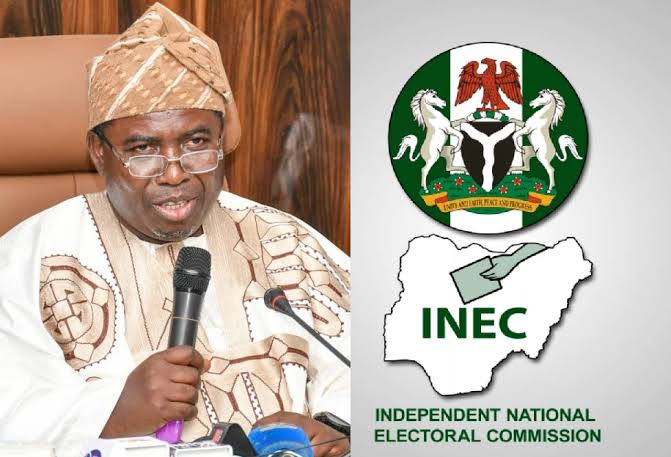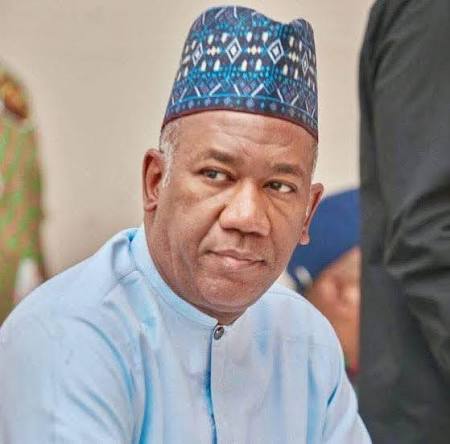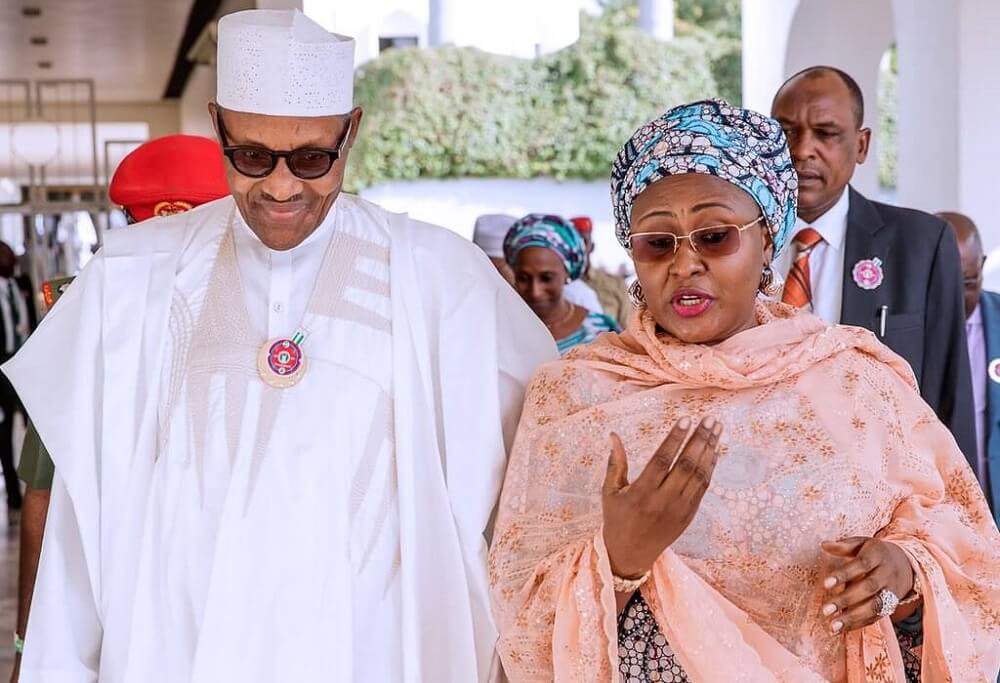Isaac Samuel
The recent high-level political meeting held in Kaduna was not merely another regional convergence of northern political elites.
Instead, fresh insights gathered by this medium suggest the gathering was a calculated attempt to weaken and neutralise the emerging northern opposition against President Bola Ahmed Tinubu’s anticipated second-term bid in 2027.
While earlier perceptions painted the two-day parley on July 29 and 30 as part of a northern coordination to retake power, sources disclosed that the event was tactically deployed to fracture the growing unity among influential northern figures who are increasingly disenchanted with Tinubu’s leadership style, appointments, and perceived marginalisation of the region.
At the heart of the meeting was an effort to forestall what one insider called a gathering storm and north-wide political realignment involving former Vice President Atiku Abubakar, ex-Governor Nasir El-Rufai, and other key northern stakeholders.
A source from the Civil Society Organisation who attended the meeting said’ “The meeting was convened to realign northern political interests but also to douse the rising tension within the region over Tinubu’s approach to governance. Many of the conveners as you can see are sympathetic to the President.”
The source said that the meeting was quietly facilitated by influential northern APC members who are also in government recognising the cracks within the party and region. These influential figures According to the source believe Tinubu remains the best route to preserving northern influence in federal politics at least in the short term.
“The Kaduna meeting was not a rebellion. It was more of a peace initiative to stop the rebellion. They wanted to test the waters, understand who’s angry and who can be pacified.”
Convened by the Sir Ahmadu Bello Memorial Foundation, the meeting brought together former governors, ex-ministers, traditional rulers, technocrats, civil society actors, and religious leaders to evaluate the impact of federal policies, especially on the Northern region.
At the meeting, some leaders publicly questioned whether the North’s massive electoral support in 2023 has translated into tangible benefits for the region.
Top functionaries of the government led by the Secretary to the Government of the Federation, Senator George Akume, went to the meeting well-prepared and this was evident in the array of attendees and their speeches.
The attendees included the National Security Adviser (NSA), Malam Nuhu Ribadu; Chief of Defence Staff (CDS), Christopher Musa; Chief of Air Staff, Hassan Bala; Commandant General, Nigeria Security and Civil Defence Corps (NSCDC), Dr Ahmed Abubakar Audi; Special Adviser on Policy Coordination to the president, Hadiza Bala Usman, and no less than 20 ministers from the North.
Ministers at the occasion include, Minister of State for Defence Bello Matawalle; Minister of Defence; Badaru Abubakar, Minister for Information, Mohammed Idris; Minister of State for Works, Barrister Muhammad Bello Goronyo; Minister of State for Housing and Urban Development, Abdullahi Yusuf Atah; Minister of State, FCT, Dr Mahmoud Mariya; Minister of Livestock, Idi Muktar Maiha.
Others were Minister of Agriculture, State, Aliyu Sani Abdullahi; Minister for Budget and Economic Planning, Senator Abubakar Atiku Bagudu; Minister of Housing, Ahmed Musa Dangiwa; Minister of Regional Development, Uba Maigari Ahmadu; Minister of Environment, Balarabe Abbas; Minister of State for Transport, Saidu Ahmed Alkali; Minister of Art, Culture, Tourism, and Creatiev Economy, Hannatu Musa Musawa.
While northern governors such as Gombe’s Inuwa Yahaya and Kaduna’s Uba Sani used the platform to defend Tinubu’s record, citing infrastructure projects like the Abuja-Kaduna-Kano expressway and the Kolmani oilfield, there were opposing forces who are of the opinion of that the
Tinubu’s administration is marginalising the North.
The source said many of the perceived anti-Tinubu forces were not invited for the meeting
Though the full communiqué of the meeting not made public, attendees reportedly discussed the North’s political future, economic conditions under the current administration, and the region’s perceived declining influence at the federal level.
Prior to the parley, key northern leaders, including former Kano and Jigawa State governors, Rabiu Kwankwaso and Sule Lamido, respectively, believed that the North had received less attention from Tinubu’s administration.
Kwankwaso, at a stakeholders’ dialogue on the 2025 constitutional amendment in Kano, accused Tinubu’s administration of favouring the South at the expense of the North an allegation the Presidency swiftly countered.
He attributed rising poverty and insecurity in the region, as well as deteriorating infrastructure to the neglect of the region by the Tinubu’s administration.
A former Kano State gubernatorial candidate and political analyst, Salihu Tanko Yakasai, also known as Dawisu, also accuse the President of disproportionately concentrating federal infrastructure projects in Lagos State while neglecting other parts of the country.
He questioned the overwhelming allocation” of federal resources to Lagos, warning that such regional favoritism could threaten national unity and inclusive development.
He cited several high-cost federal projects in Lagos, including the N15 trillion Lagos-Calabar Coastal Highway, the $651 million 7th Axial Road, a proposed $2 billion Lagos Light Rail project, and the University of Lagos Power Project.
Notably, the newly formed African Democratic Congress-led coalition of opposition leaders is populated with northern political bigwigs, including former Vice President Atiku Abubakar, ex-Secretary to the Government of the Federation, Babachir Lawal, and former Kaduna State governor, Nasir El-Rufai.
Key Northern socio-political groups, including the Arewa Consultative Forum, the Coalition of Northern Groups, Arewa Youth Consultative Forum, the League of Northern Democrats, and Arewa Youth Consultative Council, thrown their weight behind these claims that the President Bola Tinubu-led administration is marginalising the North in developmental projects and appointments.
Speaking at the meeting, Chairman of Arewa Consultative Forum (ACF) Board of Trustees, Bashir Dalhatu,
did not mince words, declaring that Tinubu’s administration is marginalising the North, and warning that the region’s continued support is not automatic.
He listed the issues to include; insecurity, agriculture; lack of access to efficient transportation; infrastructure; age-old neglect by the federal government in relation to the development of transportation infrastructure; water Ways; power supply; lack of functional healthcare system; and the issue of oil & hydro carbon exploration in Northern Nigeria.
He said unlike the Lagos-Ibadan Expressway and the Second Niger Bridge, not one single road of strategic importance to the North has been completed or even properly maintained in the last 20 years and that major roads that are of strategic importance to Northern Nigeria were yet to be completed.
But most of the speakers at the meeting defended the Tinubu’s administration.
Gombe State Governor, Muhammad Inuwa Yahaya listed key projects under Tinubu’s administration, including the Abuja-Kaduna-Kano Expressway, Kano-Katsina-Maradi rail line, Kaduna Refinery rehabilitation, and Kolmani oilfield drilling, as evidence that the “Renewed Hope Agenda” is delivering results in the North.
He noted that security has improved, with over 300 bandit and terrorist leaders neutralized, and praised the creation of the Ministry of Livestock Development as a major step toward addressing herder-farmer clashes.
Governor Uba Sani of Kaduna State declared that President Tinubu has remained committed to fulfilling his electoral promises to Northern Nigeria, especially in the areas of security, education, health, infrastructure, and economic inclusion.
Sani highlighted massive strides under the Tinubu administration, including support in tackling Kaduna’s security crisis, revitalisation of healthcare and education, and major infrastructure projects like the Sokoto–Badagry Superhighway and Kaduna–Kano rail line.
The National Security Adviser (NSA), Malam Nuhu Ribadu said at the event, that the successes recorded in the fight against insecurity is as a result of President Tinubu’s directive to security agencies on a unified security approach.
Ribadu said that Boko Haram attacks, banditry, and communal conflicts in the northern region have reduced drastically in the last two years of President Tinubu’s administration, compared to what the situation was in the last administration.
The National Security Adviser stated that 1,192 people were killed and over 3,348 kidnapped in Kaduna State during the previous administration, while more than 5,000 people lost their lives in Benue State within the same period.
He told the northern leaders that the successes recorded in the fight against insecurity is as a result of President Tinubu’s directive to security agencies on a unified security approach,adding that the various security operations across the North-West have led to the release of 11, 259 hostages as at May 2025.
On his part, Secretary to the Government of the Federation (SGF),Senator George Akume, said the Federal Government intends to revive the moribund Kaduna Textile to boost the economy of the country.
“Tinubu is doing a lot in about eight different areas to ensure that Nigeria experiences holistic development in all spheres of endeavours. The Tinubu administration intends to industrialise the country through diversification. We are looking at those days of Kaduna Textile and many other industrialised areas in the north.
In a communiqué issued at the end of the summit themed “Assessing Electoral Promises: Fostering Government-Citizen Engagement for National Unity”, and signed by the Director General of the Sir Ahmadu Bello Memorial Foundation, Engr. Abubakar Gambo Umar, participants acknowledged and commended the Tinubu administration’s performance in fulfilling electoral promises across various sectors, while also recognising ongoing challenges.
The summit lauded what it described as increased equitable resource allocation to subnational authorities. However, it urged the federal government to prioritise substantial investment in education, particularly to address the alarming rate of out-of-school children in the North.
Among other key resolutions, the gathering called for accelerated infrastructural development, strengthened agricultural value chains, enhanced livestock production, and the establishment of agro-allied industries as a pathway to economic diversification.





